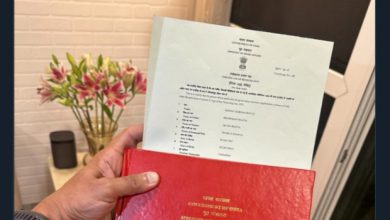Trump-Xi summit will be watched for trade implications

US President Donald Trump’s meeting with his Chinese counterpart, Mr Xi Jinping, will be closely watched for its economic implications, coming in the wake of heightened tensions between the two countries.
Sino-US ties were on the slow burner after Mr Trump’s inauguration, with the billionaire having threatened to slap high tariffs on Chinese imports to discourage American firms from locating operations there. During his campaign last year, he also threatened to brand China a currency manipulator.
Mr Trump further incensed Beijing by accepting a congratulatory phone call from Taiwanese President Tsai Ing-wen after his victory in the presidential election and linking US adherence to the “one China” policy to securing concessions from China.
It took weeks of uncertainty before Mr Trump and Mr Xi formally broke the ice with their first presidential phone call on Feb 10, which took place on the condition that Mr Trump affirmed Washington’s commitment to the “one China” policy that has underpinned Sino-US diplomatic relations for decades.
Beijing is keen to finally start negotiations over trade, analysts say. The US’ greatest trade deficit is with China, and Mr Trump wants to reduce it.
So far, Mr Trump has not acted on any of the threats he made during campaigning and in the first few weeks of his presidency, but it is clear that he and key figures in the White House – such as Trade Council chief Peter Navarro and chief strategist Stephen Bannon – blame China for the hollowing out of America’s manufacturing sector, which has seen millions of jobs relocated overseas since China joined the World Trade Organisation.
One of Mr Trump’s first executive decisions as president was to pull the US out of the Trans-Pacific Partnership, a trade pact between 12 nations that account for about 40 per cent of global economic output. Former US president Barack Obama had championed the deal in part to counter Chinese influence.
With the US looking to adopt increasingly protectionist measures, China is looking to push through trade deals of its own.
China’s Foreign Ministry said yesterday that it will send Mr Yin Hengmin, its special representative on Latin American affairs, to the upcoming Chile meeting on Asia-Pacific economic integration, reported Xinhua.
Spokesman Hua Chunying said the meeting will focus on the exchange of opinions on the future of Asia-Pacific cooperation, with a view to create an Asia-Pacific Free Trade Agreement.




